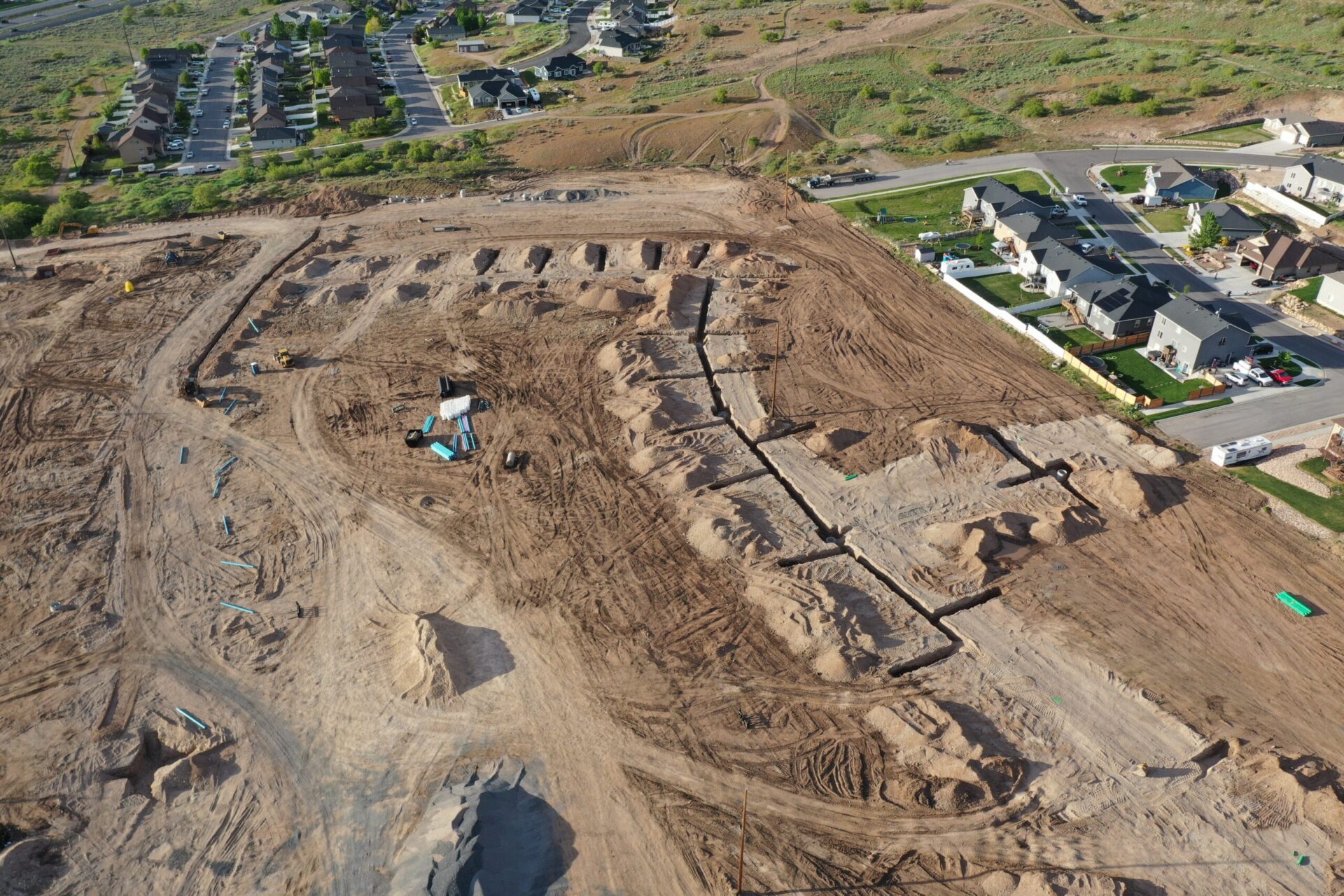Land development services play a crucial role in transforming undeveloped land into functional spaces that support residential, commercial, and industrial growth. These services encompass a range of processes, from site evaluation and planning to infrastructure development and environmental compliance. With the increasing demand for housing, commercial spaces, and public amenities, professional land development services ensure that projects are executed efficiently and sustainably.
Key Stages of Land Development Services for Sustainable Growth
Effective land development services follow a structured process to maximize land potential while adhering to zoning laws and environmental regulations. Below are the primary stages involved:
- Site Evaluation and Feasibility Analysis
Before any construction begins, a thorough site evaluation is conducted to assess the land’s topography, soil quality, drainage patterns, and potential environmental concerns. This step helps identify challenges and opportunities that impact the overall development plan.
- Land Planning and Zoning Compliance
Proper planning ensures that land use aligns with local zoning laws and municipal regulations. Experts in land development services create detailed site plans that define residential, commercial, and recreational zones while ensuring optimal land utilization.
- Infrastructure Development and Utility Integration
A key aspect of land development is the installation of essential infrastructure such as roads, water supply systems, sewage networks, and electricity. Residential engineering plays a vital role in designing infrastructure that supports long-term sustainability and functionality.
- Environmental Assessments and Sustainable Practices
Sustainability is a fundamental consideration in modern land development services. Conducting environmental impact assessments helps mitigate risks related to water resources, vegetation, and wildlife. Developers incorporate green spaces, stormwater management systems, and energy-efficient designs to promote eco-friendly growth.
- Construction and Site Preparation
Once approvals are secured, site preparation begins, including land grading, excavation, and foundation work. Residential engineering professionals ensure that the construction meets industry standards for safety, durability, and efficiency.
- Final Inspections and Project Completion
Before the project is deemed complete, it undergoes final inspections to verify compliance with regulatory guidelines and quality standards. This stage ensures that the developed land is ready for occupancy and use.
The Role of Residential Engineering in Land Development Services
Residential engineering is a critical component of land development services, focusing on the structural integrity, drainage systems, and utility design of housing projects. By integrating engineering expertise with planning strategies, developers create sustainable communities that cater to modern living needs. From designing efficient road networks to optimizing water management systems, residential engineering enhances the safety and functionality of residential developments.
Conclusion: The Future of Land Development Services in Urban Expansion
As urban populations continue to grow, the demand for well-planned and sustainable land development services will increase. By leveraging advanced engineering techniques, regulatory compliance, and environmental stewardship, developers can create thriving communities that balance growth with sustainability. Whether for residential, commercial, or mixed-use projects, professional land development services play an essential role in shaping the future of infrastructure and urban planning.

